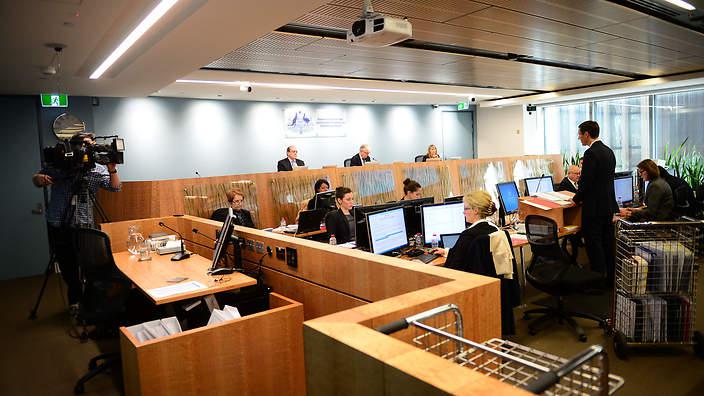The child sex abuse royal commission also says in its interim report released on Monday that it will need to extend its final reporting date by two years to December 2017 to finish its job.
The two year extension will cost $104 million.
"If the royal commission is not extended we will not be able to hold a private session for any person who contacts us after September this year," the report said.
"This will mean we will not be able to meet the demand generated by our national public awareness campaign."
The extension will allow for an additional 3000 private sessions, bringing the commission's total to 7000.
The commission estimates that by the end of 2015 it will be able to complete nearly 40 public hearings of the 70 it has identified as necessary.
It has held 15 so far.
It needs another two years to complete an additional 30 hearings it says are essential to fulfil its terms of reference.
The time extension will allow the commission to hear from survivors who have never disclosed their abuse to anyone.
The interim report of the Royal Commission into Institutional Responses to Child Sexual Abuse comes midway through the time originally set for the final report.
So far the commission has received allegations of child sexual abuse in more than 1000 individual institutions.
Sixty per cent of those were faith-based, 18.6 per cent were government run and 9.7 per cent were secular with the remainder falling into "other" and "unknown" categories.
The commission says child sexual abuse in institutions is widely under-reported, despite legal obligations.
Individuals and institutions fail to identify children who have been abused.
It says that most prevalence studies are likely to underestimate abuse and child safety, and institutions that operate with accountability only to themselves pose significant risks.
Case studies have shown that many institutions respond to child sexual abuse by holding internal investigations
"This removes both the abuse and the response from external scrutiny".
It also says mandatory reporting laws across Australia are inconsistent and many people are unaware of their responsibilities under those laws.
The report explains that a priority for the commission is the wellbeing of survivors who risk being re-traumatised by telling their experiences.
Most do not report for 22 years on average after the abuse, and it takes men longer to come forward.
Among the research projects is an analysis to identify possible sentencing reform for child abusers, and it's looking at starting a project into the relationship between child pornography and child sex abuse.
It has so far released seven issues papers and 21 research projects around child safety issues and institutional and government responsibilities in the area.
Most alleged perpetrators, 86.7 per cent, were male, and survivors reported that perpetrators were most commonly members of the clergy, 28.8 per cent, followed by teachers, 15.7 per cent.
Although it has not made any recommendations, the commission is looking closely at compensation schemes for victims.
It said it is yet to reach a view on a national redress scheme for survivors.
"It is likely that we will be able to identify shortcomings in the institutional redress schemes we have considered in detail.
"We might also recommend some principles of best practice."
